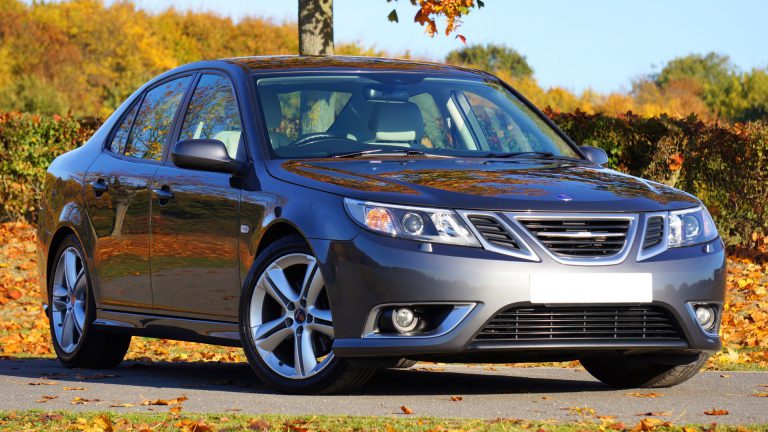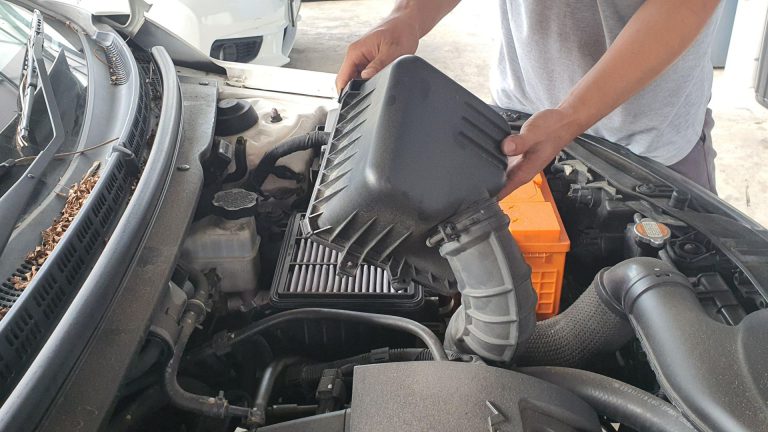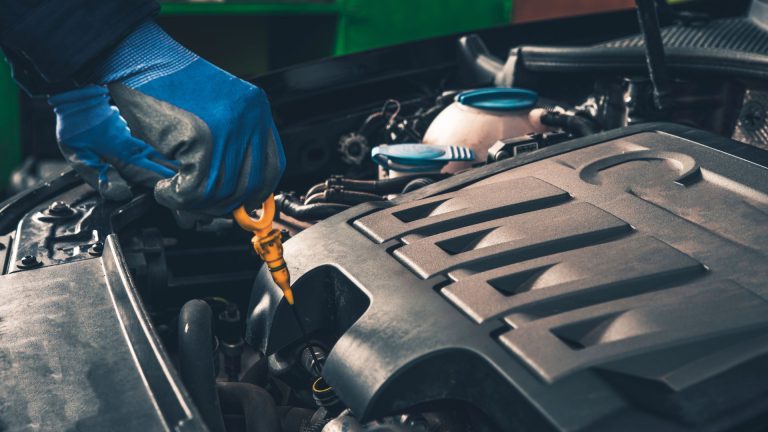
As the temperatures rise and road trip season kicks into gear, your car needs a little extra attention to stay cool, reliable, and safe. Summer heat can strain key components of your vehicle, and skipping seasonal maintenance can lead to breakdowns or costly repairs. Whether you’re planning a cross-country adventure or just cruising to the beach, here’s your comprehensive guide to summer car maintenance in 2025.
1. Check and Maintain Your Cooling System
The cooling system is your engine’s best defense against summer’s extreme heat. In 2025, most modern vehicles will come with advanced cooling tech, but even these systems require regular care.
- Inspect coolant levels and quality: Make sure your coolant is at the correct level and not old or contaminated. Use a coolant tester to ensure proper mixture.
- Look for leaks: Check hoses and the radiator for signs of wear, cracks, or leaks. A small leak can quickly become a major problem in high temperatures.
- Flush if needed: Most manufacturers recommend a coolant flush every 2–5 years. Check your owner’s manual for specifics and consider scheduling it before a long trip.
2. Test the Air Conditioning System
A failing A/C can turn your commute into a sweatbox. Don’t wait until the first heat wave to find out your system isn’t working.
- Run the system early: Turn on your A/C before hot days hit to make sure it’s cooling properly and blowing strongly.
- Listen and smell: Unusual noises or musty odors can be signs of mold, leaks, or failing components.
- Recharge and service: If cooling is weak, a refrigerant recharge or professional inspection may be needed. Schedule service before the peak summer rush.
3. Inspect Tires and Adjust Pressure
Hot pavement can accelerate tire wear and blowouts. Combined with fluctuating temperatures, your tires need close monitoring in the summer.
- Check tread depth: Make sure your tires have adequate tread. Replace if they’re worn down to the wear bars to maintain grip on wet roads.
- Inspect for damage: Look for bulges, cuts, or cracks, especially after winter driving.
- Adjust pressure: Use a quality gauge to check and adjust pressure. Remember, heat increases tire pressure, so check when tires are cold.
- Rotate and align: Summer road trips can throw your alignment off—get it checked and rotate your tires regularly to ensure even wear and maximize lifespan.

4. Replace or Clean Air Filters
Dust, pollen, and pollutants spike during summer, clogging both cabin and engine air filters.
- Engine air filter: A dirty filter can reduce fuel efficiency and performance. Replace as recommended, especially if driving in dusty or rural areas.
- Cabin air filter: Keeps the air inside your car clean and fresh. Replace or clean every 12,000 to 15,000 miles—or more often if you suffer from allergies or drive in high-pollen zones.
5. Battery Check-Up
High heat can evaporate battery fluid and accelerate corrosion, leading to potential failure.
- Inspect terminals: Clean off corrosion and make sure connections are tight. Apply a protective coating if necessary.
- Test battery health: Many auto parts stores offer free battery testing. A quick check can help avoid being stranded.
- Replace if necessary: Most batteries last 3–5 years. If yours is on the older side or showing signs of weakness, consider a preemptive replacement before a road trip.

6. Top Off and Monitor Fluids
Fluids are essential to keeping your car running smoothly, especially under hot conditions.
- Engine oil: Check the level and condition. Consider an oil change if you’re due or taking a long trip through mountainous or high-temperature regions.
- Brake fluid: A spongy pedal may mean it’s time to top off or flush the fluid. Brake fluid absorbs moisture, which can reduce braking performance.
- Transmission and power steering fluid: These should be clean and at proper levels. Old or dirty fluid can lead to poor performance or damage.
- Windshield washer fluid: Bugs and dust are more common in summer—keep your reservoir filled and use a bug-specific formula for better results.
7. Inspect Belts and Hoses
Belts and hoses degrade faster in high temperatures. A snapped belt can leave you stranded.
- Look for cracks or fraying: Especially on serpentine belts, which power multiple systems.
- Feel for softness or swelling: Hoses should feel firm and flexible. Soft or brittle hoses are a warning sign.
- Replace worn parts: If anything looks questionable, better to replace it now than face a breakdown. Preventative care beats emergency repairs every time.
8. Clean and Protect Your Vehicle’s Exterior
Sun, bugs, and road grime can damage your car’s paint and finish.
- Wash regularly: Use automotive-specific soap and a microfiber cloth to prevent scratching.
- Wax and seal: A layer of wax or paint sealant provides UV protection and keeps your car looking new. Reapply every few months for best results.
- Check wiper blades: Summer storms can hit unexpectedly—replace any streaky or brittle blades to maintain visibility in sudden downpours.
9. Upgrade Emergency Kit for Summer
Make sure your emergency kit is stocked for hot-weather situations.
- Add water and sun protection: Include bottled water, sunscreen, and a hat. Heatstroke can occur quickly if stranded in high temperatures.
- Include jumper cables, a flashlight, and first aid: Also, consider a portable power bank or jump starter.
- Check spare tire and tools: Make sure you have everything you need to change a tire and that your spare is properly inflated.
10. Plan for Long Trips
If you’re hitting the road this summer, a little extra prep can make all the difference.
- Get a pre-trip inspection: A quick check-up by a trusted mechanic can prevent major issues and catch problems early.
- Map out fuel stops and rest areas: Especially helpful in remote areas or during long stretches.
Download offline maps and emergency numbers: Cellular service isn’t always guaranteed. Having offline backups ensures you’re never without navigation or help.
Wrapping Up: A Smooth Summer Starts With Smart Maintenance
Summer is a time for fun, family, and freedom, but your vehicle needs to be ready to handle the heat. By following this 2025 summer car maintenance guide, you can enjoy your travels with peace of mind and avoid unnecessary headaches. A well-maintained car isn’t just safer—it’s more efficient and more enjoyable to drive.
Don’t wait for a warning light—be proactive. Stay safe, stay cool, and happy driving!
